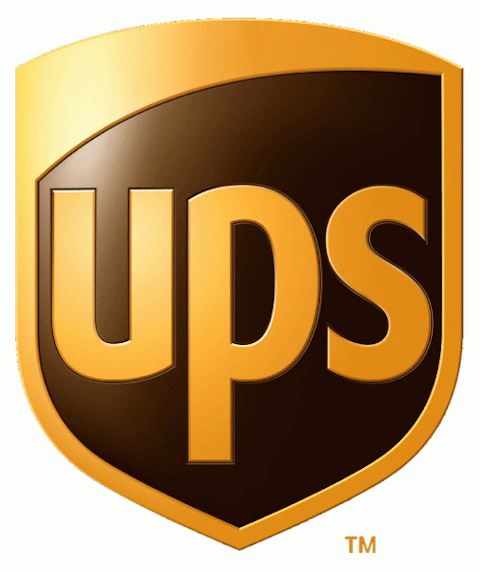The United States Postal Service has made it official — no more Saturday letter deliveries. The decision is not a total shock, as scuttlebutt about a five-day work-week been discussed for years. The USPS is expected to attain a savings of some $2 billion each year by eliminating weekend delivery of first class mail. Package deliver, however, will continue on a six-day per week basis. Were the U.S. postal service’s package delivery not such a money maker, the Saturday business could have gone to United Parcel Service, Inc. (NYSE: UPS) or FedEx Corporation (NYSE: FDX), both of which could use the extra income.
UPS would have gladly picked up the new shipping volume with its new, environmentally friendly fleet of vehicles. In California, UPS recently deployed fleet of 100 fully-electric commercial vehicles for package delivery. The electric trucks were built in California and are dedicated to package delivery in the state in response to California Governor Jerry Brown’s call for zero-emission vehicles.

If the adage that as goes transportation so goes the economy is true, UPS’ recent prediction for a “below trend” recovery in the global economy is sobering.
In its 4Q, UPS reported a loss of $1.75 billion, or ($1.83) per share, on a GAAP basis, while revenues climbed nearly 3% to $14.5 billion. Excluding pension mark-to-market charges, the company reported quarterly earnings of $1.32 per share on an adjusted basis. UPS expects earnings growth of between 6-12% in 2013 although those projections fall below consensus estimates. The company’s global trade business has been plagued by lower-cost alternatives that are stealing away shipping business for items such as electronics.
It hasn’t been easy treading for UPS. In January, the company was forced to abandon its plans to acquire Dutch transportation company TNT Express just as it was intending to close the deal. UPS’ $6.2 billion bid for the company ended when European regulators rejected the merger amid concerns for the competitive landscape. UPS executives will instead direct $4 billion of the company’s $5.4 billion in cash flow into share repurchases in 2013, which is up from $1.6 billion spent on share buybacks last year.
FedEx has been facing headwinds of its own amid a weakened global economy that has pushed customers, partuclarly for airfreight deliveries, toward lower-cost providers. FedEx is in the midst of a corporate restructuring, which includes the ongoing modernization of its transportation fleet, through which it expects to achieve $1.7 billion in benefits by fiscal year 2016.
